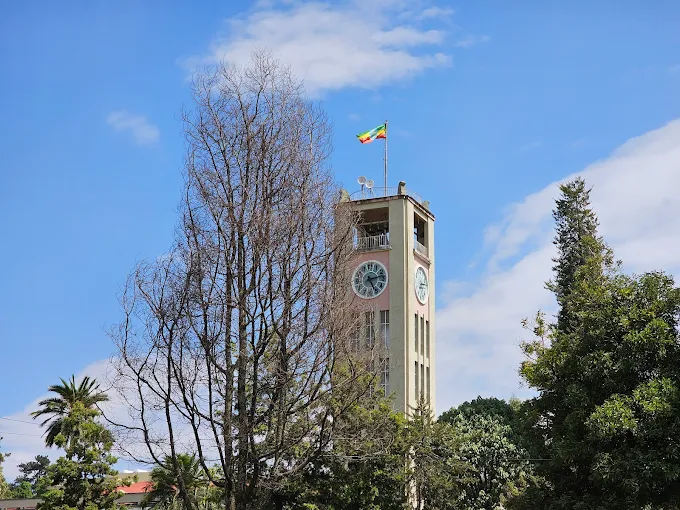For decades, Ethiopia’s banking sector remained closed to foreign investment. This policy shifted under the Homegrown Economic Reform Program (HERP), leading to the enactment of Banking Business Proclamation No. 1360/2025 and National Bank of Ethiopia (NBE) Directive No. SBB/94/2025, which formally opened the sector to foreign participation. This legal update summarizes the key regulatory provisions governing foreign bank entry and operation.
The Proclamation allows entry via subsidiaries, branches, representative offices, or share acquisitions, while the Directive provides the operational framework for licensing, capital requirements, supervision, and fees.
Ethiopia’s Legal Framework for Foreign Bank Entry
The Proclamation requires all foreign bank investments to be made as Foreign Direct Investment (FDI) in foreign currency. It sets strict licensing requirements, prohibits unlicensed banking activities, and grants the NBE broad regulatory powers. It also defines permitted entry modalities, capital requirements, property ownership rules, profit repatriation rights, and employment conditions for foreign nationals.
Key Highlights of the New Framework
Modality of Entry and Capital Requirement
Foreign banks may enter through four modalities: establishing a subsidiary, opening a branch, setting up a representative office, or acquiring shares.

- Foreign Bank Subsidiaries: A locally incorporated entity controlled by a foreign bank, registered under Ethiopian law. A minimum capital of ETB 5 billion is required, and at least one-third of its board must be non-shareholder Ethiopian nationals.
- Foreign Bank Branch: Not locally incorporated, it operates as part of the parent bank. The minimum capital is also ETB 5 billion.
- Representative Office: Limited to non-banking activities like market research and relationship building. It requires a USD 1,500 investigation fee, a USD 1,500 licensing fee, and a USD 100,000 deposit.
- Share Purchase: Foreign banks can acquire shares in existing domestic banks.
Regulatory Considerations
Property Ownership
Foreign banks can own property necessary for their business operations, such as offices and branches. Properties acquired through foreclosure are governed by existing Ethiopian laws.
Employment of Foreign Nationals
Foreign nationals may be appointed to key roles like CEO with NBE approval, but only if qualified Ethiopians are unavailable. These positions are typically limited to five years to facilitate knowledge transfer.
Repatriation of Profit
The Proclamation permits the repatriation of dividends and other returns after fulfilling tax obligations, processed through the formal banking system in compliance with NBE's foreign exchange directives.
Personal Data Protection
Personal and transaction data must be retained within Ethiopia. Transferring non-personally identifiable data abroad requires prior written approval from the NBE.
Licensing and Renewal Process
Licensing is a two-stage process (pre-application and formal application) with fixed, non-refundable fees. The NBE has 90 days to decide on a complete application. All licensed banks must commence operations within 12 months of license issuance.
Licensing and Renewal Fees
- Foreign Bank Subsidiary/Branch: USD 2,500 (Investigation), USD 150,000 (Licensing), ETB 200,000 (Renewal).
- Representative Office: USD 500 (Investigation), USD 1,500 (Licensing), ETB 75,000 (Renewal).
Conclusion
The opening of Ethiopia’s banking sector marks a significant shift in its financial landscape. The new legal framework aims to attract credible foreign institutions to enhance competition, improve service delivery, and support broader economic development. Navigating this new terrain requires a thorough understanding of the regulations, and expert guidance is key to a successful market entry.


